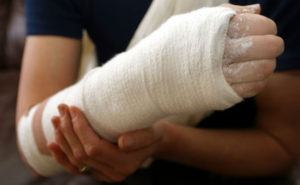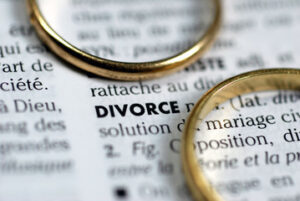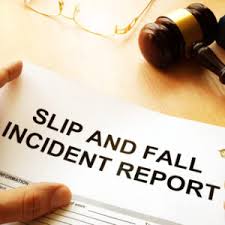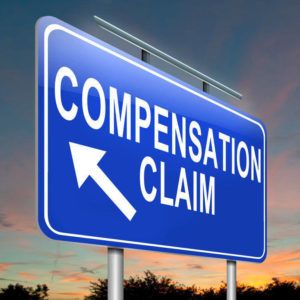There may be many reasons why a city – a municipal government – may be responsible for a person’s injury. Someone may slip and fall on a wet floor in a city building or on an uneven sidewalk at a city park. A city employee might cause a car accident. A driver may hit a pothole on a city street and damage their car.
State and local governments are typically shielded from liability for accidents thanks to the doctrine of “sovereign immunity,” which dates to British common law.
Under certain circumstances, local governments in North Carolina may waive sovereign immunity. By purchasing liability insurance, a local government may waive its sovereign immunity up to the limits of the policy, depending on what exclusions the insurance policy contains. How the exclusions apply is often a point of dispute.
Our attorneys will analyze whether the local government was engaged in a governmental function or a proprietary function at the time the injury occurred. This is an important distinction when considering a lawsuit against a local government.
If you have been injured in an accident, and you believe a municipal employee, program, or department caused the accident, you should speak to a personal injury lawyer at Younce Vtipil Baznik & Banks in Raleigh. An attorney can evaluate the facts surrounding your injury and discuss whether filing a claim against the city or another local government is an appropriate step. If so, we can make sure your injury case is supported by evidence and that your claim complies with all notification and filing requirements.
How to Seek Damages from a City in North Carolina
In most cases, your first step after being injured on city property or by a city employee is to file a claim with the city government, describing the incident and your injury. You will want to provide as much information as possible including a police report, if available, photos of the damage, and an estimate of your expenses. Depending on the city’s size or organization, the complaint may go to the city attorney’s office or to a risk management administrator.
There will be a deadline for submitting your complaint and specific forms you must complete. You should contact an attorney without delay to discuss the situation.
Once you’ve filed a complaint, the city may:
- Investigate the claim and determine the city’s liability
- Ask you for more information
- Accept your claim and pay the compensation you seek
- Deny your claim
In most cases, the city will deny the claim. Even the thousands of pothole damage claims filed in North Carolina each year are usually denied. If your evidence is strong, the city may try to negotiate a settlement. An experienced attorney at Younce, Vtipil, Baznik & Banks can submit your claim with supporting evidence and negotiate on your behalf.
If you cannot reach a settlement, you may pursue your claim with a formal lawsuit. You must file the lawsuit within the period allowed by the statute of limitations.
In North Carolina, a personal injury lawsuit must be filed within three years of the injury date and a wrongful death suit must be filed within two years. This is not as long as it seems, given the time required to investigate and prepare a complex lawsuit. If you wait until just a few months before the statute of limitations runs to find an attorney, you may have a hard time finding a good lawyer willing to handle your case. Normally, you need to find a lawyer within at least a year before the statute of limitation runs.
Filing a Lawsuit Against a North Carolina City
Local governments in North Carolina have maintained immunity from lawsuits when the act in question occurred while the government or its employee was performing government functions. But local governments are not shielded from injury lawsuits if the local government organization was engaged in a proprietary activity. This is an activity not traditionally performed by a government agency or that is commercial (a fee was charged) or chiefly for the benefit of a specific group rather than the entire community. Operating a golf course may be considered a proprietary function, for example.
The distinction between government functions and proprietary functions can be difficult. It requires a close analysis of the facts. Because there is no bright-line standard, a court hearing, and often appeals, may be required to determine whether the defendant in your claim was engaged in a proprietary activity when you were injured.
Need a Lawyer to Sue a City? Contact Us Today
If you have been injured because of negligence on the part of a local municipality, you should seek legal guidance about your options. The attorneys at Younce Vtipil Baznik & Banks can review the circumstances of your case for free. If we proceed with your case, we will work on a contingency fee basis. You will not owe any legal fee unless and until we recover damages for you. Contact us online or call us at 919-661-9000 for your FREE, no-obligation consultation today.
The post How to Sue a City for Negligence appeared first on .
from Younce, Vtipil & Baznik, P.A. https://www.attorneync.com/blog/how-to-sue-a-city-for-negligence/
via https://www.attorneync.com




 The North Carolina Child Passenger Safety Law
The North Carolina Child Passenger Safety Law 
